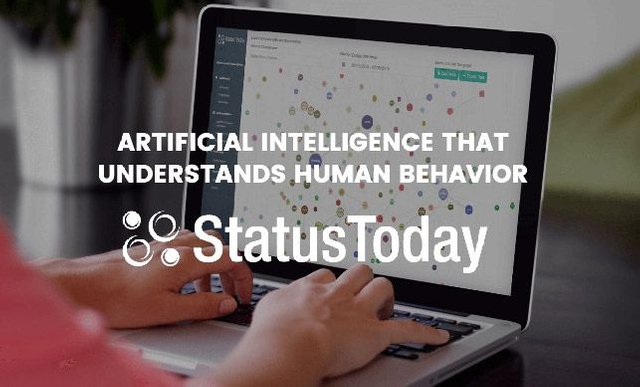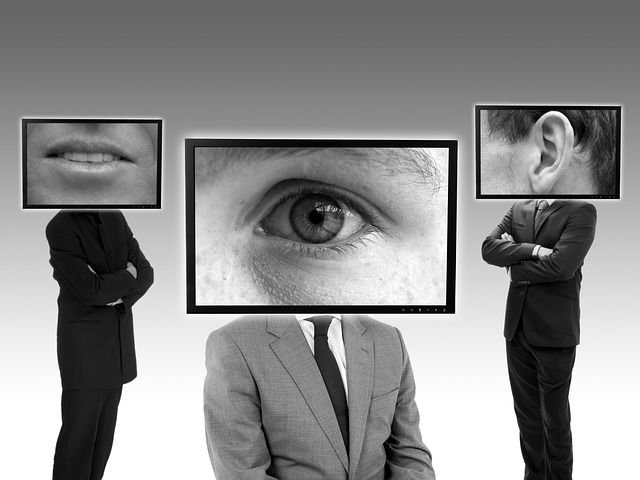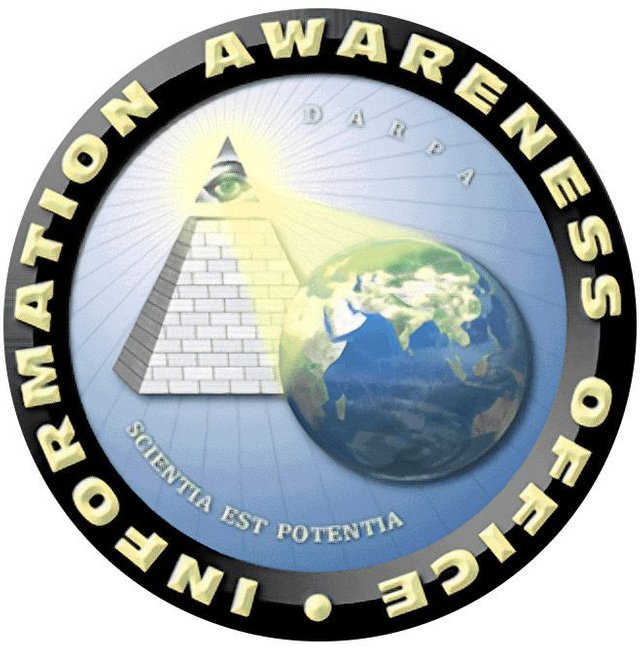AI Behavioral Modeling to Track Employee Risks, Productivity, and More?
Does government surveillance have you worried? What about employer surveillance? Are you already heavily monitored at your job?

source
Well, things might ratchet up even higher with artificial intelligence technology being used to monitor employees. Tracking our individual behavior in great detail can be used with algorithms that detect behavior which indicates a security threat, or other behavior that the employer wants to be aware like slacking off.
A new startup in London called StatusToday that sells a nonintrusive monitoring service says it uses the latest research in psychology and behavior to engage in forensic analysis. The goal is to detect internal irregularities and breaches that are signaled by divergences in normal patterns of behavior.

source
During all this requires a regular supply of employee metadata, which includes metrics about the time you access files and use your key cards, and how often and how long you access certain files or areas in an organization. This builds individual behavioral models for normal functionality and flags anomalies that occur in real time. This can detect potential security risks for deviations from standard norms of acceptability.
I have talked about the problem of the current condition that I refer to as the standardized norms of acceptability that we keep ourselves locked in to in many ways such as appeals to a tradition and learned helplessness. Corporate structures want to have employees that conform to a "corporate culture". This provides a normalization of behavior within a corporate environment organization.
This AI modeling to detect changes in behavior can also be used in regular society for deviations from accepting the public opinion or consensus as well as the mainstream narrative of reality. Those who dissent can be more easily detected as "problematic" individuals within a society.
This technology is a workplace surveillance that means monitoring and watching everyone. They aren't monitoring software threats, their monitoring people and their behavior.

source
This has implications for our personal right to privacy, even at work. Some companies are already using employee metadata to find out and track who is responsible when something does go wrong. This advanced system would be able to possibly detect it as it happens.
But apart from using it as a security measure, which already has its ominous implications for our privacy, there is also the corporate desire to track employee performance and productivity.
Yahoo has already controversially banned a staff member from working at home because of their analysis that it reduced their speed and quality of work. These metrics can be quantified for individual employee behavior more easily using this new AI system.
We are entering an age of even more eyes watching over our shoulders.
If anyone is to tolerate this, it must be done by our own individual consent. But how many will be questioning this when they go apply for a job to attain economic survivability?
I fear that most of us in society will not see issues with this, using the common fallacy that "if you're doing nothing wrong you have nothing to hide."

source
The last job I had was are bad enough, with timed and monitored logins to start your workday, to go on and return from a break, to go on your lunch and return from lunch, to the time he spent on calls and how long it took to resolve issues. Everything was monitored as a statistic and measured. But with changes in behavior being monitored and used as a metric to keep people in line, that just takes things up to another level.
This is a potential new era in social engineering.
What do you think of all this?
Is the control grid getting closer with this new tech?
Are we going to welcome AI in this way? Should we?
References:
Thank you for your time and attention! I appreciate the knowledge reaching more people. Take care. Peace.
If you appreciate and value the content, please consider:
Upvoting  , Sharing
, Sharing  or Reblogging
or Reblogging  below.
below.
Please also consider supporting me as a Steem Witness by voting for me at the bottom of the Witness page; or just click on the upvote button if I am in the top 50:


@krnel
2017-02-02, 12pm

Turning humans into perfectly predictable robots, that's what "they" want, but they will not succeed. The power of the human drive to be free will counterbalance the drive to control. It may oscillate back and forth but it will never be static and perfectly stable.
For those more in touch with their humanity and have a shred of self knowledge, such measures will simply encourage them to leave "employment" to become their own boss. So in that regard such measures might stimulate something good.
Indeed, recognize the chaos through control being created, the chaos of something wrong being done can teach us about it.
I was just talking about this myself. It's very limiting to define behavioral patterns that way, and in fact plain wrong. I would love to see their proof that deviations between normal (which is to say more or less average) behaviour is an indicator of anything negative, especially related to company work.
I think there is a kind of assumption on the part of some employers that privacy does not exist in the workplace. This is a really toxic idea. The bargain is just too great, but as you say, when faced with accepting privacy intrusion at the cost of the job, I fear most will choose to just accept it.
I think this should be roundly resisted.
Good points. Thanks for the feedback.
I'd rather starve than work for someone using these techniques. Unfortunately, I might be in the minority.
we want to be a member of the best, friend